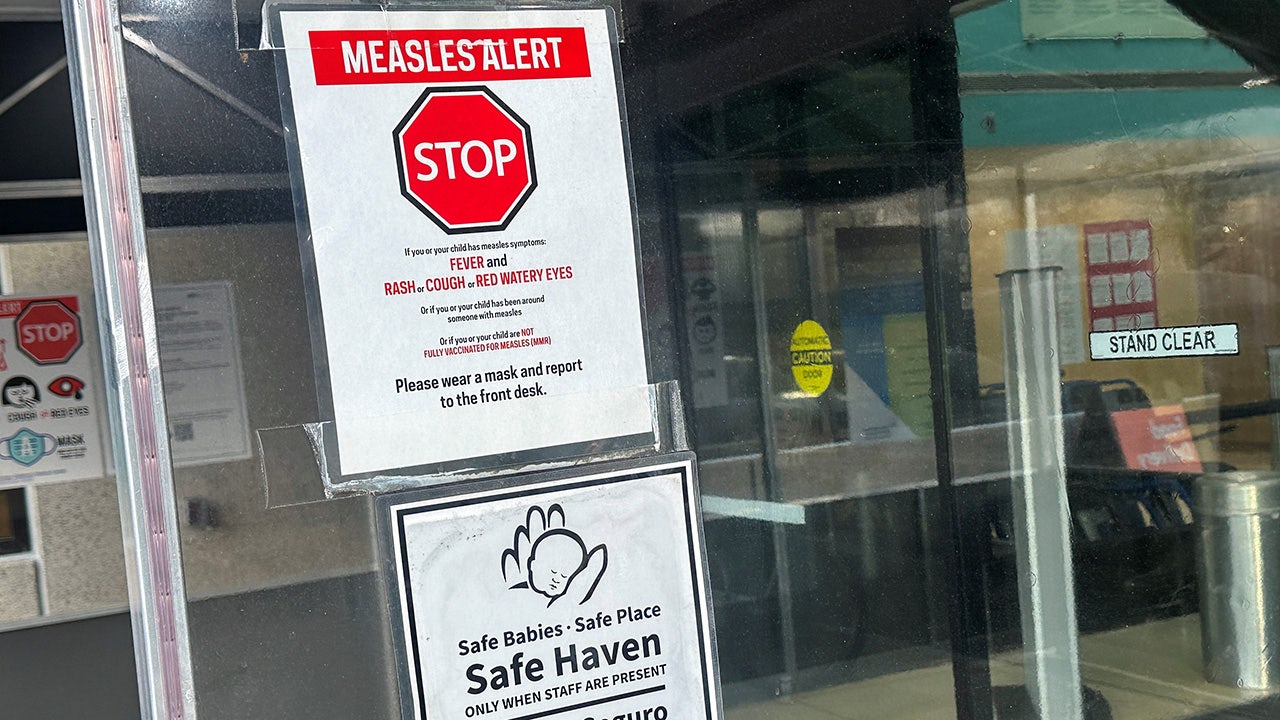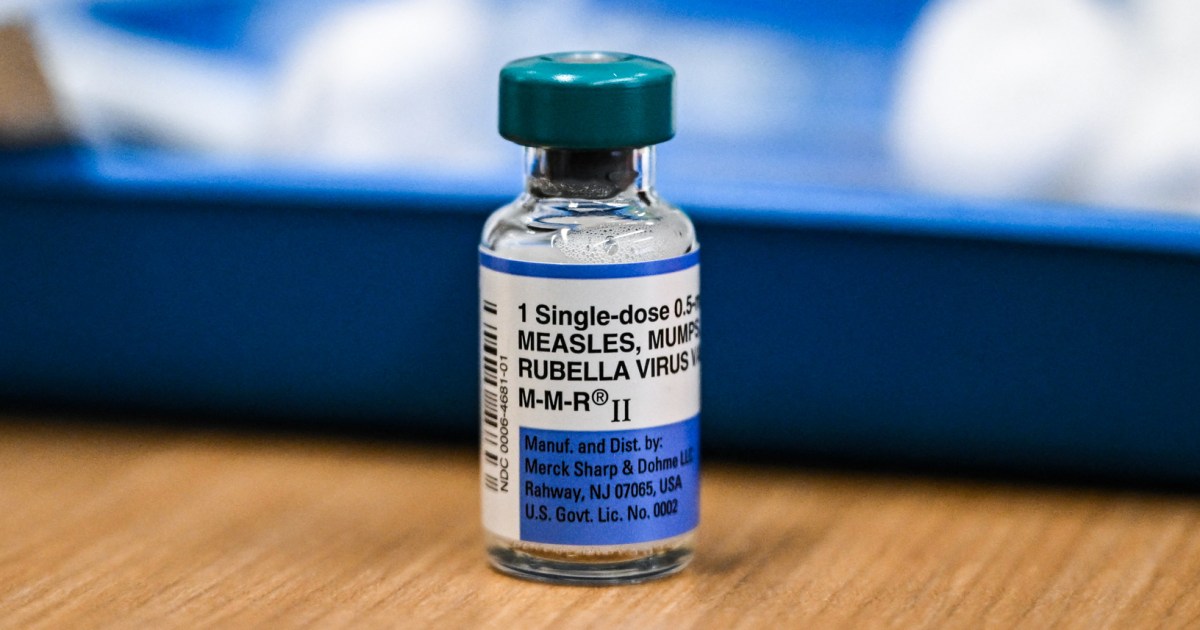Health Officials Probe Washington, D.C.’s First Confirmed Measles Case in Years
A rare case of measles has surfaced in Washington, D.C., marking the first confirmed instance in the area in several years. This unexpected development has prompted a thorough investigation by health officials, raising significant concerns about vaccination rates and public health safety. The implications of this case extend beyond just the individual infected; they touch upon the broader community and the importance of vaccination in preventing outbreaks of preventable diseases.
Understanding Measles: A Brief Overview
Measles is a highly contagious viral infection characterized by symptoms such as a high fever, cough, runny nose, and a distinctive rash. The virus spreads through respiratory droplets when an infected person coughs or sneezes. It can remain airborne for up to two hours in an environment, making it extremely easy to contract, especially in crowded places.
Despite being a vaccine-preventable disease, measles remains a significant threat in areas where vaccination rates are low. The measles, mumps, and rubella (MMR) vaccine is crucial in providing immunity against this virus, and public health officials advocate for high vaccination coverage to prevent outbreaks.
The Current Situation in Washington, D.C.
The recent confirmation of a measles case in Washington, D.C. has prompted urgent action from health officials. They are actively investigating the circumstances surrounding the case, including the patient’s vaccination history, potential exposure sites, and contacts. This investigation is critical in preventing further transmission of the virus.
Health officials have noted that the individual infected with measles was in contact with several people before the diagnosis, raising the stakes for public health safety. As a result, those who may have been exposed are being contacted and monitored for symptoms, reinforcing the need for vigilance in the community.
Concerns About Vaccination Rates
The emergence of this measles case has reignited discussions about vaccination rates in Washington, D.C. According to the Centers for Disease Control and Prevention (CDC), a vaccination rate of 95% or higher is necessary to achieve herd immunity against measles. Unfortunately, recent years have seen declines in vaccination rates in various parts of the United States, including D.C.
Several factors contribute to these declines:
- Misinformation: The spread of misinformation about vaccine safety has led to vaccine hesitancy among certain populations.
- Access to Healthcare: Some communities may face barriers to accessing vaccines due to socioeconomic factors or lack of healthcare facilities.
- Personal Beliefs: Certain individuals or groups may refuse vaccination based on personal or philosophical beliefs, further impacting overall vaccination rates.
As health officials probe Washington, D.C.’s first confirmed measles case in years, it becomes increasingly clear that addressing these concerns is paramount for public safety.
The Role of Public Health Campaigns
In light of this measles case, public health officials are likely to ramp up efforts to educate the community about the importance of vaccination. Effective public health campaigns can help dispel myths and reinforce the safety and efficacy of vaccines.
Some strategies that may be employed include:
- Community Outreach: Engaging with communities through workshops and informational sessions to address concerns and questions about vaccines.
- Social Media Campaigns: Utilizing social media platforms to share factual information about measles and the benefits of vaccination.
- Collaboration with Healthcare Providers: Partnering with local healthcare providers to ensure they are equipped to discuss vaccine safety with patients.
What Can Individuals Do?
As a member of the community, it’s essential to stay informed and proactive regarding vaccinations. Here are some steps individuals can take:
- Check Your Vaccination Status: Ensure that you and your family members are up to date on vaccinations, particularly the MMR vaccine.
- Spread Awareness: Share accurate information about vaccines with friends and family to help combat misinformation.
- Consult Healthcare Providers: If you have questions or concerns about vaccines, discuss them with a trusted healthcare provider who can provide reliable guidance.
Looking Ahead: The Importance of Community Immunity
As the investigation unfolds around Washington, D.C.’s first confirmed measles case in years, it serves as a crucial reminder of the importance of community immunity. Vaccination is not just an individual choice; it has implications for the health and safety of the entire community. High vaccination rates protect those who cannot be vaccinated, such as infants and individuals with certain medical conditions.
It’s vital for communities to work together to promote vaccination and prevent outbreaks of diseases like measles. By fostering a culture of understanding and support for immunization, we can create a safer environment for everyone.
In conclusion, while the emergence of measles in Washington, D.C. is concerning, it also presents an opportunity for public health officials and the community to come together and reinforce the value of vaccination. Through collective action, education, and awareness, we can mitigate the risks associated with this highly contagious virus and ensure the health and safety of our communities for years to come.
See more WebMD Network



